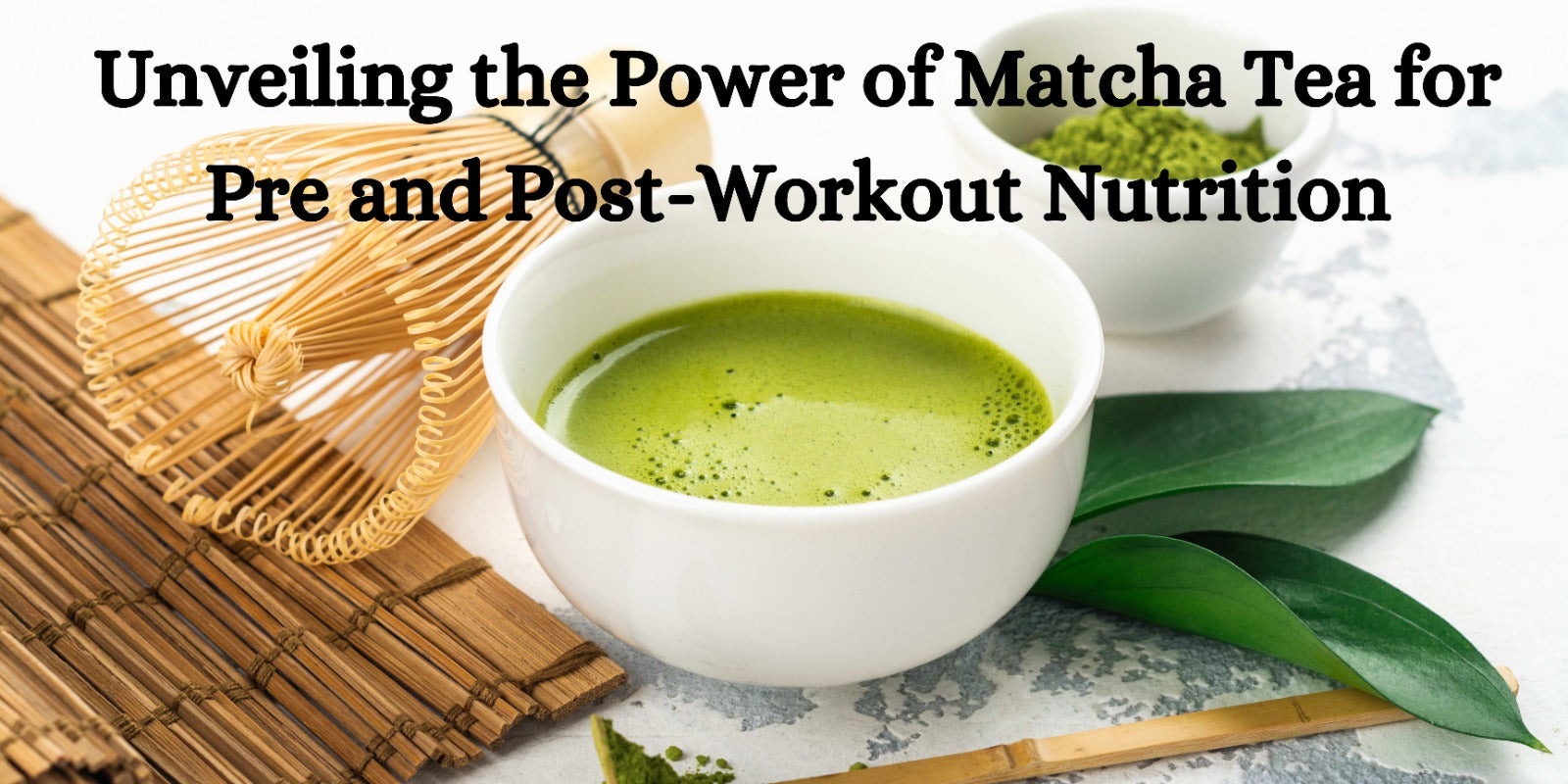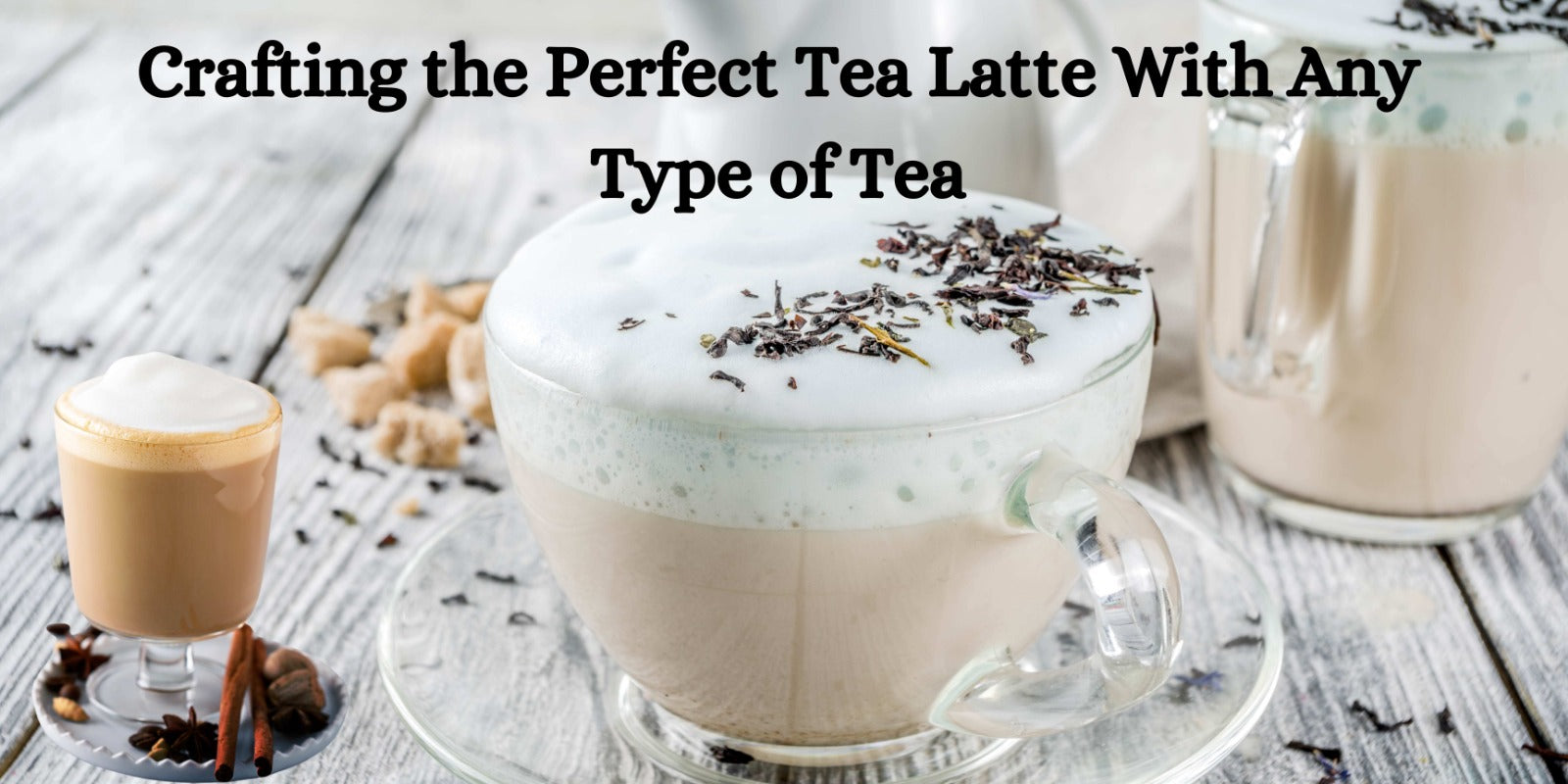Kombucha, a fermented probiotic drink rich in health-promoting properties, has gained immense popularity for its tangy taste and potential health benefits. Central to the art of brewing kombucha is the choice of tea, a vital ingredient that not only imparts flavor but also provides essential nutrients for the fermenting culture. In this comprehensive guide, we will explore the foundational principles of brewing kombucha with a focus on the selection and preparation of various types of tea. Whether you're a seasoned brewer or a curious beginner, this guide will equip you with the knowledge and confidence to create your own flavorful and healthful kombucha using your favorite teas.
Understanding the Role of Tea in Kombucha Brewing
The Essential Components
Making kombucha is surprisingly simple! All you need are four key ingredients: tea (black or green are popular choices), sugar (food for the good bacteria), water, and a SCOBY (symbiotic culture of bacteria and yeast) – like a friendly starter kit for your bubbly brew. The choice of tea is critical as it provides the necessary nutrients, such as polyphenolic compounds, for the kombucha culture to thrive and ferment the sweetened tea into the tangy, effervescent beverage we know and love.
The Power of "Real" Tea
One plant, a world of flavors! Camellia sinensis is the powerhouse behind all "true" teas, from delicate green to robust black, and everything in between. These teas contain the polyphenolic compounds necessary for the kombucha culture to derive its nutrients and thrive, making them ideal choices for brewing kombucha.
Selecting the Right Tea for Brewing Kombucha
The Superiority of Black Tea
Black tea, which has been oxidized more than green, white, or oolong teas, contains the highest concentration of polyphenolic compounds, making it an optimal choice for brewing robust and flavorful kombucha. Its rich flavor, ample nutrients, and resilience during the fermentation process make it a preferred tea for kombucha brewing.
The Versatility of Green Tea
Green tea, rich in antioxidants, is also suitable for brewing kombucha. It adds a lighter and more delicate flavor profile to the beverage. Combining green tea with black tea in a blend can offer a balanced fusion of flavors and nutritional benefits for the kombucha culture.
Exploring Other Tea Options
While black and green teas are the primary choices for kombucha brewing, certain other teas such as pu-erh, oolong, and white tea can also be used either in pure form or in combination with black or green teas. These teas contribute distinct flavors and nutritional attributes that can influence the taste and complexity of the brewed kombucha.
Steer Clear of Herbal Teas
Herbal "teas," technically tisanes or herbal infusions, are not suitable for brewing kombucha due to their lack of polyphenolic compounds necessary for the kombucha culture. However, exceptions exist, such as hibiscus flowers, yerba mate, and rooibos, which have been successfully used by home brewers either on their own or blended with black tea.
Brewing Kombucha with Your Favorite Tea Blend
Crafting Your Tea Blend
When creating a custom tea blend for brewing kombucha, it's essential to ensure that the teas used have similar steeping temperatures and times to avoid altering their flavors during the brewing process. For optimal fermentation and a well-rounded flavor profile, many kombucha brewers favor a 60% green tea and 40% black tea blend.
Embracing Quality and Purity
Opt for organic, loose-leaf teas to avoid chemically treated leaves. Loose-leaf teas tend to be of better quality and provide a more environmentally friendly brewing option. The quality and purity of your tea leaves directly impact your kombucha. Opt for fresh, high-grade leaves to ensure a successful fermentation and a delicious final product.
Avoiding Decaffeinated Teas
While the levels of caffeine in kombucha decrease during fermentation, it is not recommended to use decaffeinated teas due to potential chemical treatments. Stick to teas with natural caffeine content to ensure proper fermentation and nutrient availability for the kombucha culture.
Experimentation and Personalization
Flavorful Second Fermentation
After successfully fermenting your kombucha with the chosen tea blend, you have the creative freedom to experiment with various flavorings during the second fermentation in the bottle. The magic of fermentation continues! This stage allows for the infusion of various ingredients like fruits, herbs, and spices. This process unlocks a world of unique and delicious kombucha flavor profiles.
Adhering to the Basics
For beginners and those seeking a consistent, healthy brew, it is advisable to start with the basic and pure ingredients for the first fermentation. Once well-versed in the brewing process, you can confidently explore and experiment with different tea blends and flavor profiles to customize your kombucha according to your preferences.
Conclusion: Crafting Your Signature Kombucha Brew
From classic to whimsical, kombucha brewing unlocks a treasure trove of flavor possibilities. Unleash your inner mixologist and discover your perfect cup. Unleash your inner alchemist and discover the perfect cup for you. By understanding the nuances of different tea types, selecting high-quality and pure ingredients, and embracing experimentation, you can craft a signature kombucha brew that reflects your unique tastes and preferences.
Looking to boost your well-being with a touch of flavor? Kombucha brewing offers a delightful solution! Experiment with black, green, or specialty teas, and discover a world of delicious health benefits in every cup. With each batch, you have the opportunity to create a flavorful and nourishing elixir that captures the essence of your favorite teas and your personal brewing style.




